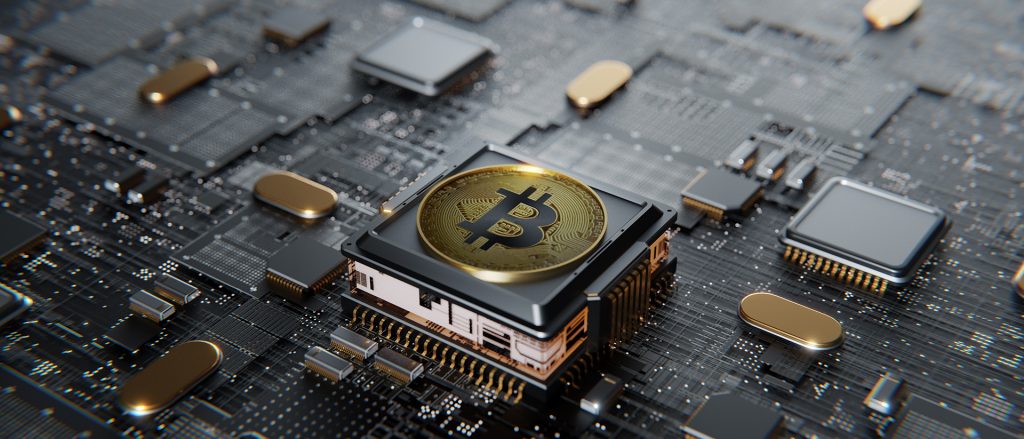As a researcher at the government or a financial institution, you increasingly come into contact with Bitcoin (BTC). Questions for researchers are: what can you do with BTC in a research? How do you do a BTC survey? Where should you look? Questions that are becoming increasingly important now that the total value of the BTC is over 1 trillion.
With Noctua you have access to the entire BTC database. This contains all transactions from the start of the BTC. The advantage is that you can easily analyze the flow of transactions between IP addresses, in addition to possibly location data of IP addresses and information about connected computer(s).

Origin BTC
The design of the BTC protocol was the result of libertarian-anarchist ideas. Confidence in the financial world had fallen sharply in 2007 and this gave BTC the wind in its sails. The developers of the protocol made it easy to use and access.
Government control of BTC and other alternative coins is missing. Altcoins are not yet subject to central bank supervision. This is changing, see for example the crypto currency markets, which are now controlled by regulators.
New possibilities of the BTC
Accessibility is the most discussed advantage of the BTC. Anyone can create an account without verification of identity at minimal cost. This (pseudo) anonymity means that criminals make extensive use of BTC and other altcoins to launder money and carry out cross-border transactions.
Who are the users of BTC and altcoins?
Roughly three user groups can be identified.
- Individuals and investors: use the BTC for speculative purposes. Recent research by the Dutch Financial Service Authorities shows that 1.2 million Dutch private individuals hold BTC for speculative purposes.
- Criminals: for making (inter)national payments for services rendered.
- Companies: in countries that fall under restrictions of, for example, American regulators. Or companies in countries with an unstable currency.
The second group in particular, criminals, requires the attention of every researcher.
Databases for BTC research?
Where should you, as a researcher, get information about BTC transactions? There are databases on the internet with information about BTC transactions. Disadvantages: Searching is laborious and the information is substandard. There are no research features and it is not possible to perform advanced queries on the database (complete transaction structure of an address). Detecting suspicious patterns is therefore difficult or impossible.
Advantages of the Noctua BTC database?
To illustrate the advantage of a full BTC database a practical example. The police confiscated a computer or mobile from a suspected criminal activity. A BTC account is found on the computer. A BTC account has both BTC addresses and transactions from BTC. These BTC addresses can be loaded into the Noctua software to find other, connected persons, partners of the suspect.
Important to know: transactions do not disappear from the BTC ledger: traceability is therefore still possible years later.
The Noctua BTC database is freely searchable: there are no search restrictions as with the other BTC databases.
Links to Maxmind (a Massachusetts-based digital map company that provides location data for IP addresses) and Shodan (a search engine that uses various filters to help the user find specific types of computers connected to the Internet) can provide more detailed information about the owners of the BTC.








